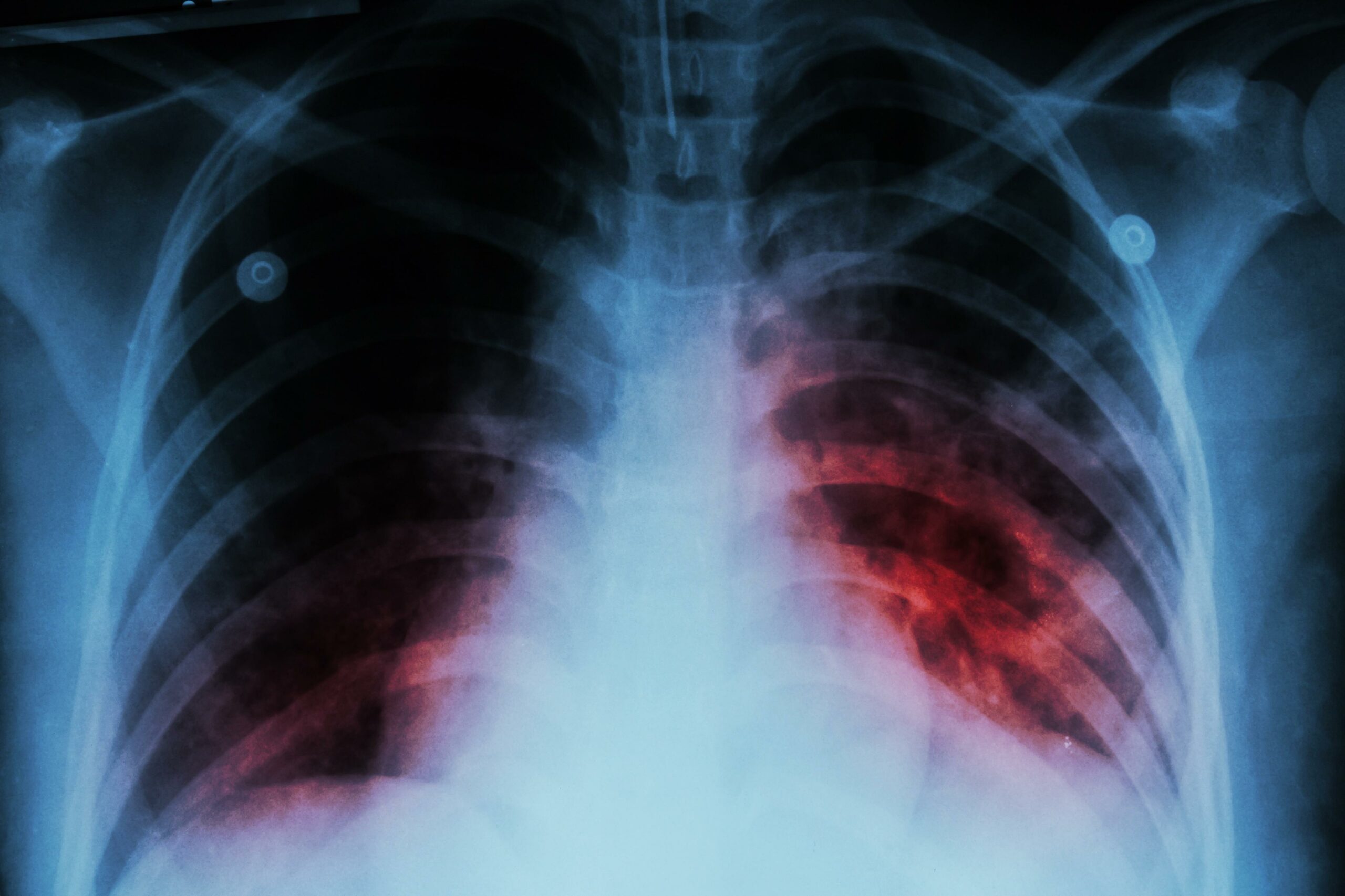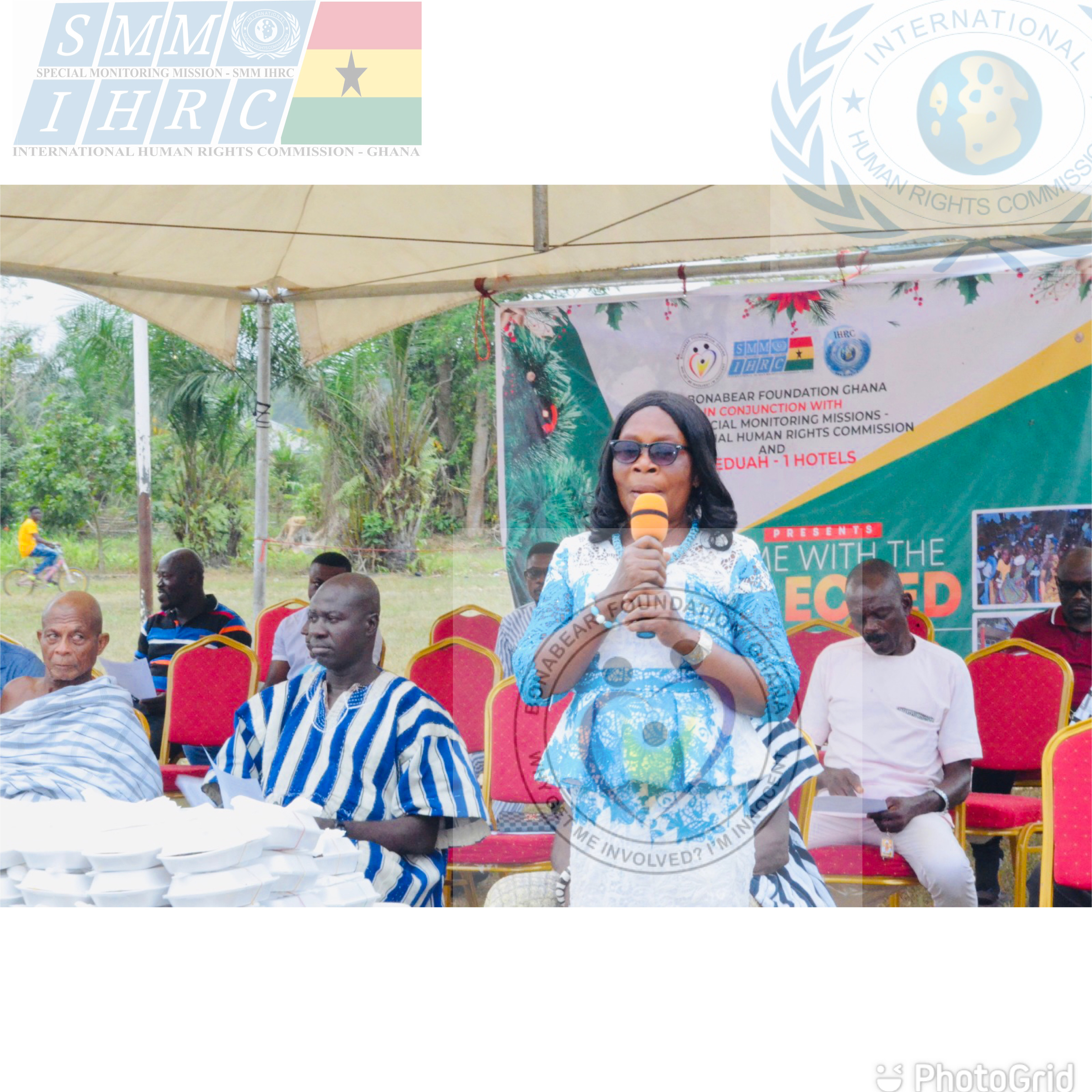The Ghana Health Service (GHS) has highlighted the
heightened health risks posed by the current weather patterns in Ghana,
particularly respiratory ailments and meningitis.
The Ghana Meteorological Agency forecasts an escalation in
temperatures for March and April following an already harsh February
characterized by dryness and dust, leading to an elevated Air Quality Index
noted by the Environmental Protection Agency.
In response, the GHS has issued guidelines to assist
individuals in managing these challenging conditions. According to their
statement, individuals with asthma and other chronic respiratory conditions are
particularly vulnerable to acute attacks or worsening symptoms due to the
projected weather patterns.
Moreover, the increased aridity may heighten the risk of
dehydration, especially among children and the elderly. In the northern
regions, the combination of dryness and heat escalates the risk of meningitis,
although no outbreaks have been reported.
To mitigate the impact of these harsh conditions, the GHS
recommends the following measures:
- Limit outdoor activities, especially for vulnerable groups like
children and the elderly.
- Use face masks to minimize exposure to dust particles.
- Maintain hydration levels by consuming ample water
throughout the day.
- Individuals with chronic respiratory conditions such as
asthma should adhere to their prescribed medication regimen.
These guidelines aim to safeguard public health and reduce
the adverse effects of the challenging weather conditions prevalent in the
country.










.jpg)